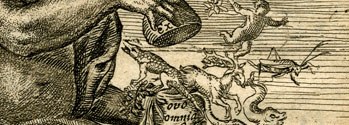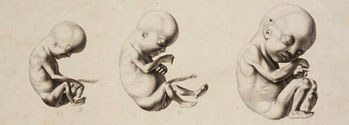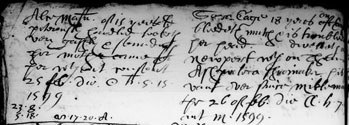 Thursday 17 January 2019
Thursday 17 January 2019
4pm in Seminar Room 2, Department of History and Philosophy of Science
Professor Marta Hanson (Johns Hopkins University)
Heaven and Earth are within one's grasp: the healer's body-as-technology in classical Chinese medicine
Some 16th to 17th-century Chinese medical scholars used the phrase 'Understanding is within one's grasp' (liaoran zaiwo 燎然在握) to emphasize how their readers could use 'hand mnemonics' (zhangjue 掌訣) to master the cosmic patterns relevant for medical care. These authors included instructions for potential healers to use their hands to think with, for example, by prognosticating based on seasonal cycles, predicting epidemic periods, and differentiating aberrant from normal pulses. To have something 'within one's grasp' (zaiwo 在握), in Chinese as well as in English, metaphorically meant to understand (liaoran 暸然). Early modern Chinese healers instrumentalized their bodies in complex ways as diagnostic instruments and measuring units as well as time-keeping, mnemonic, and calculating devices. Understanding how classical Chinese medical texts recorded the healers' body-as-technology illuminates the range of knowledge about Heaven and Earth early modern healers were expected to use their hands as well as their minds to master. This lecture will use select examples of the healer's body-as-technology in classical Chinese medicine and suggest that the field of extended cognition within cognitive science offers some productive insights into this historical phenomenon.
There will be tea before the lecture, at 3.30pm in Seminar Room 1, and a drinks reception afterwards in Seminar Room 1.



